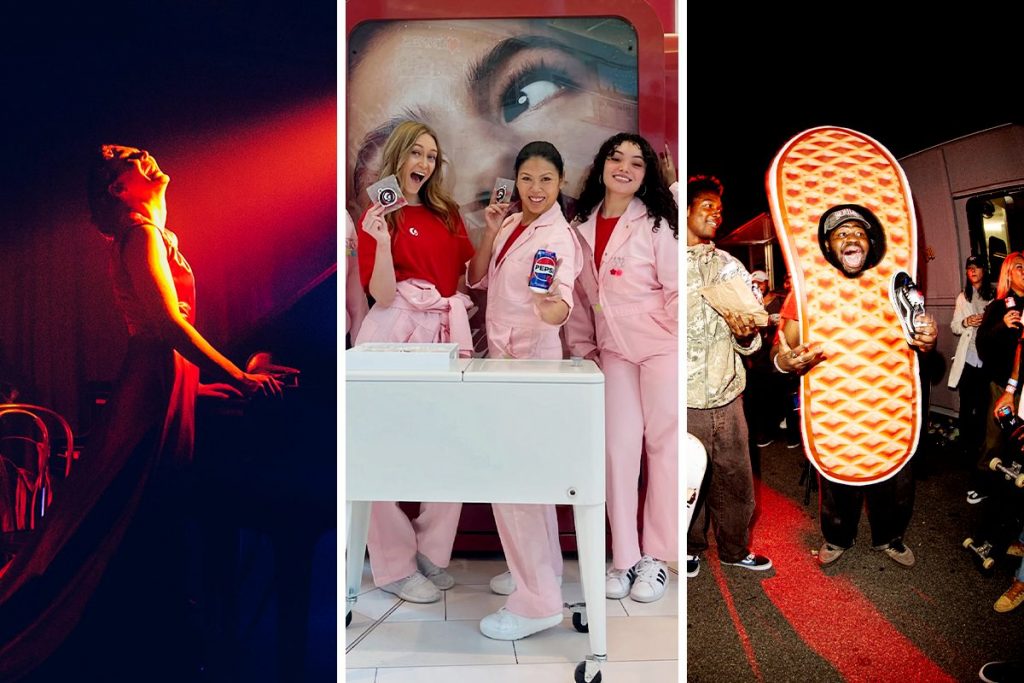Experiential, Experiential Marketing and Event Marketing Decoded

In the fast-moving world of live experiences, the terms “experiential,” “experiential marketing” and “event marketing” get thrown around like VIP bracelets at Coachella. But let’s set the record straight. These terms may overlap, but they aren’t interchangeable. Wondering what exactly the difference is between each of these terms? You’ve come to the right place. WHAT IS EXPERIENTIAL? THE ART OF LIVING THE STORY Experiential: Native (not branded) projects that foster connection through immersive storytelling, cultural significance, and thought-leading conversation. Experiential is where creativity runs wild and the real world feels just a little more magical. It’s about crafting moments that don’t just entertain; they make the audience a part of the story. From immersive theater that pulls you into the plot to festivals that define the cities they call home, experiential lives in the sweet spot of art, emotion and human connection. And while you might “exit through the gift shop,” the main point is not to get you to buy something. It's to make you feel something. Standout experiential at its best: Sleep No More: The OG theater production that shattered the fourth wall, turning audiences into active participants in the story and inspiring newer iterations from Viola’s Room...